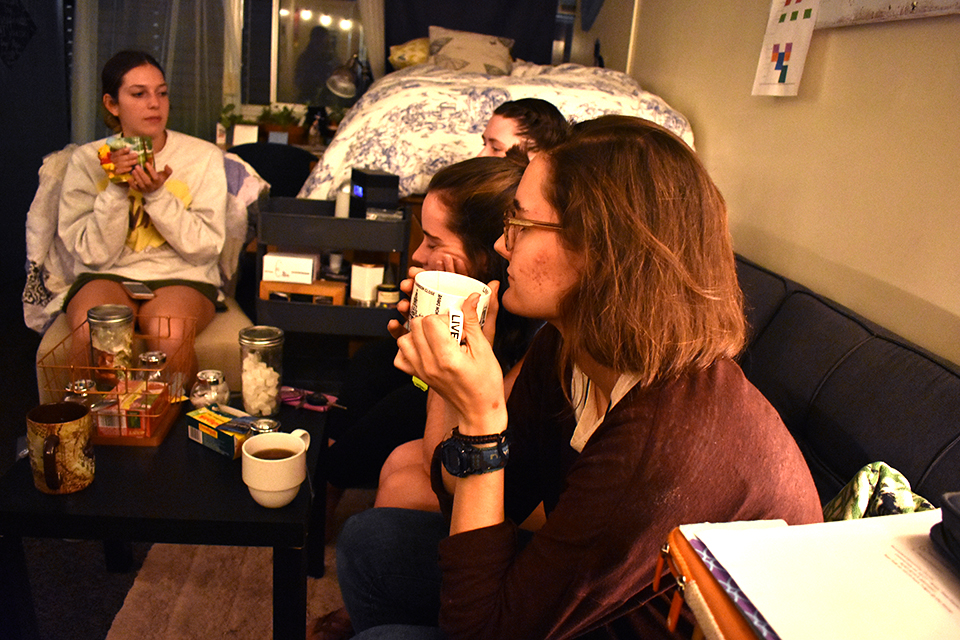For the first three years of my Biola career, I was a community hopper. A La Mirada native, I continued attending my home church as I moved on to college. Freshman year, I maintained hope for my church—I would stay where I had a sense of ‘community,’ to see my family for a healthy one day a week and would not have the pressure of finding a new church on my own as an 18 year old.
Towards the middle of that year, I realized I no longer felt intellectually, spiritually or worshipfully fed there. I realized the college group had dropped off after high school, just like the pastor had warned. The music had turned flashily-hipster and the message over-personalized and unbiblical. I grew unsatisfied, lonely and I began to drift. I visited other churches checking off boxes on my list: more diverse, charismatic, traditional, missional, less comfortable. Instead of finding a church, I became discontent. Generalizing all churches as shallow, productional and emptily-mega, I sought to navigate Christianity alone—big mistake. The season was composed of intense journaling, little Bible reading and hopping from congregation to congregation, a nameless face in the crowd.
For students attending Christian colleges today, there is a difficult dichotomy to navigate. Many churches with thriving college groups, such as my church I have attended since January, gear messages and events towards outreach. For those of us who have grown up knowing Jesus, the message seems less stimulating. I respect my pastor’s desire to make topics applicable to college students in every aspect of their walk—from those who have never opened a Bible, to those navigating their life’s place and what it means to have faith in a secular, self-centered world. Often, this comes with a sacrifice. Of the four churches I have attended throughout college, there seems to either be a rapidly growing but shallow messaged community, no college option whatsoever or a college group composed of majority Biola students on fire for God, but offering little outreach and a fairly un-diverse collegiate population.
I have had to make a choice. Joining my current community was a difficult experience for me. By claiming it as my church home, I have decided to bite my tongue. The way they go about advertising missions—as a you can make the difference, you will be changed— does not reflect what I have been taught at Biola, and I find the amount of flashing lights and people jumping around on stage in a manner distracting and unnecessary. However, what I have found is a church that engages with the difficulties of life. Our pastor weeps on stage over the issues in this country, my small group discusses lust, self harm and depression. The difference of this church to me is community. There is no one from Biola in my small group. I have found people who are not biblically educated, who long for the truths and studies we often take for granted at Biola. I no longer do life alone, and I can see the way God reaches people of our generation. What I have to decide is—am I willing to sit down to center myself, if someone else is reached through the flashing lights and drum solos? I think so.







